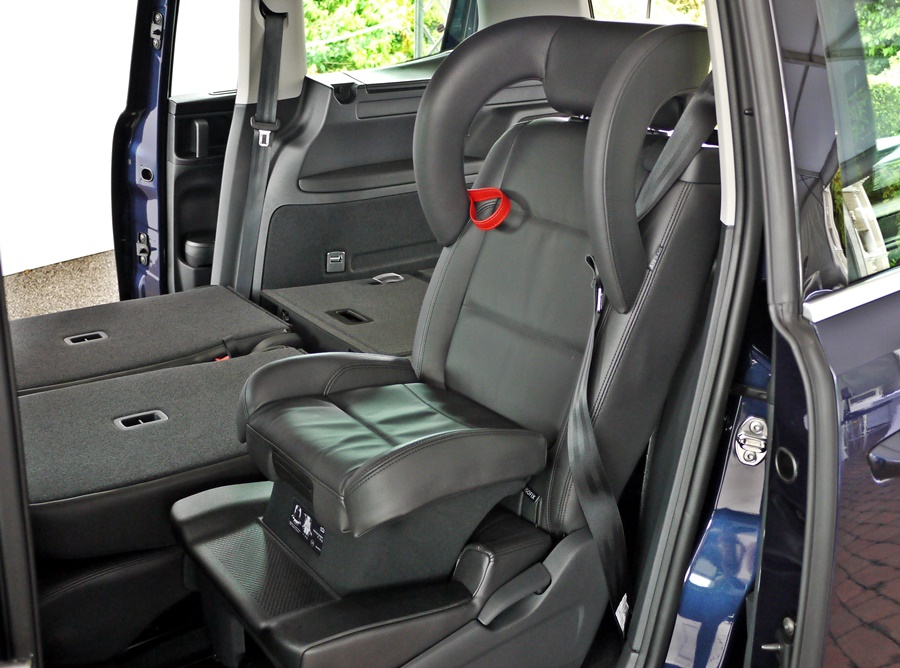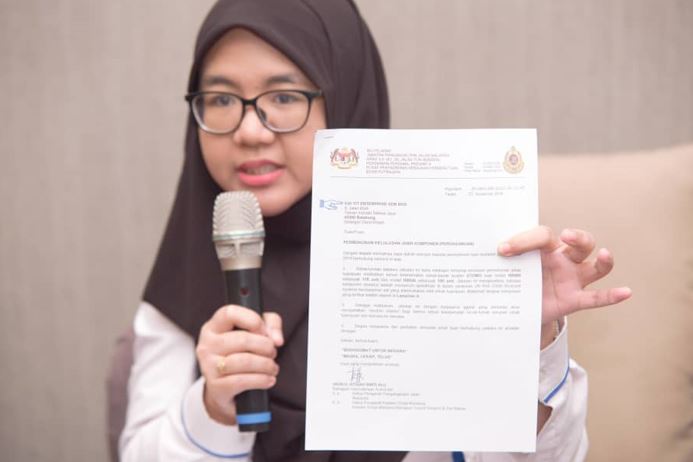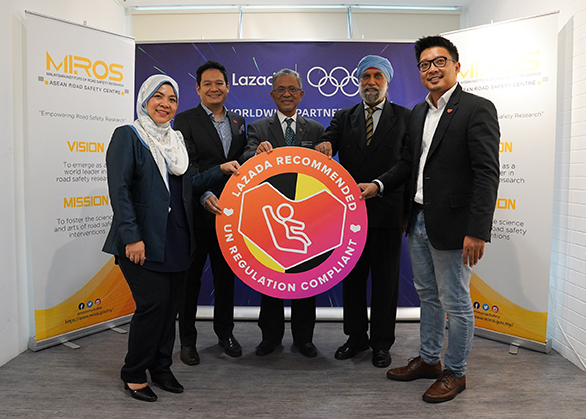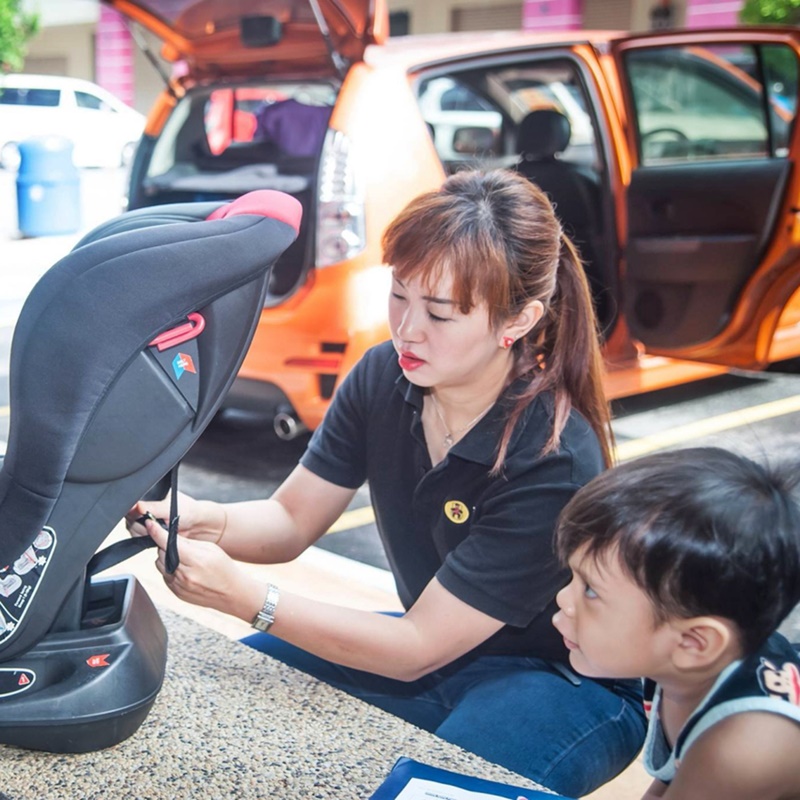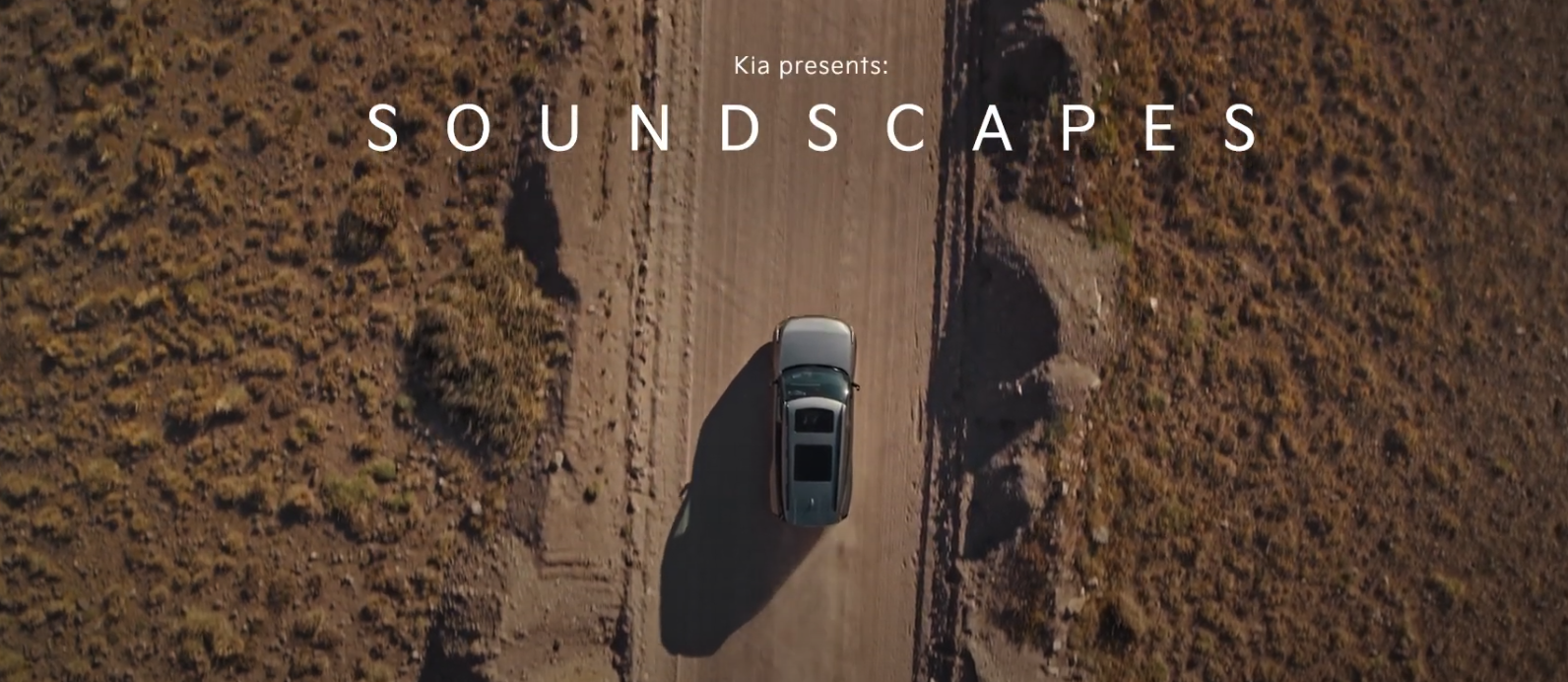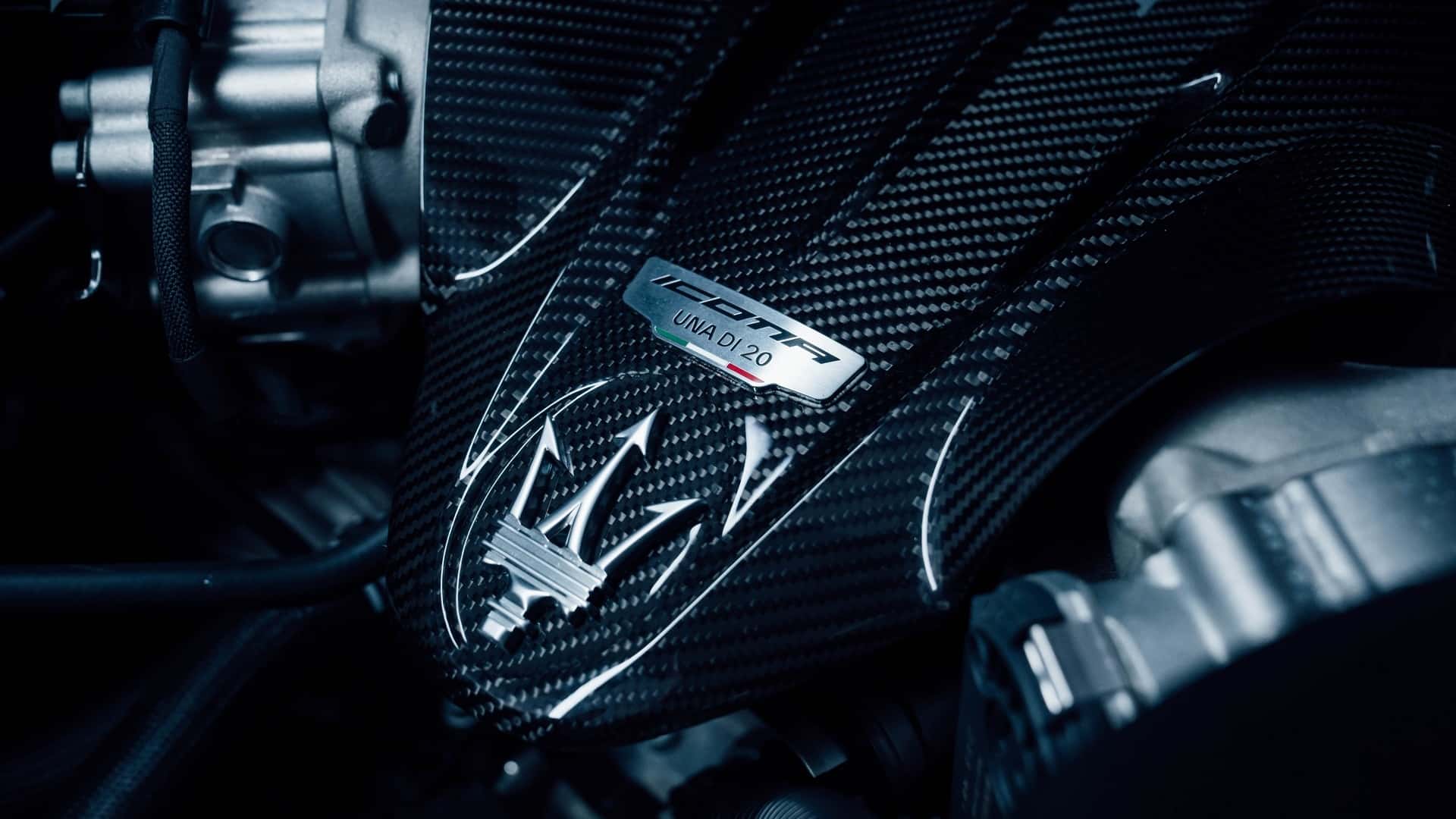The Federation of Malaysian Consumers Associations (FOMCA) and Child Passenger Safety Malaysia (CPSM) have raised several issues pertaining to the recently launched child restraint system (CRS) guidelines by the Malaysian Institute of Road Safety Research (MIROS).
The two organisations say the guidelines are confusing to the consumers with regard to a MIROS QR Code being present on approved childseats sold in Malaysia. Upon checking by FOMCA with the Road Transport Department (JPJ), it was found that a component type approval (CTA) by the JPJ is enough to show that a child safety seat is approved as per safety standard. This leads to the question of the necessity of the QR code.
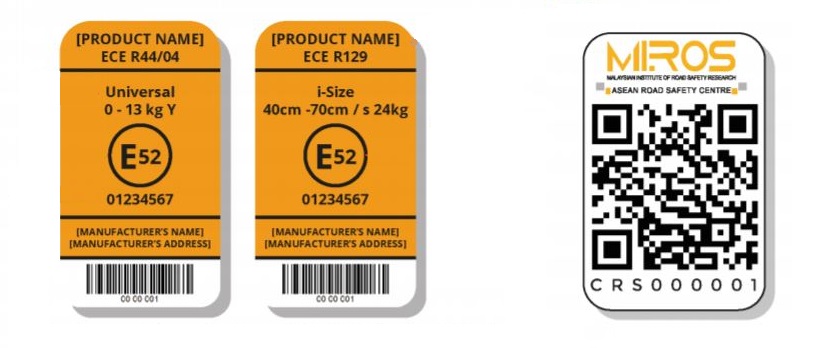
Parents hesitant about making purchases
There are currently no known child safety seats sold in Malaysia that come with the QR code and this is making parents hesitate about making purchases. “It is a counter-intuitive measure to introduce the QR code now when Malaysia is still at its early stage of introducing this new law and promoting the use of child safety seats,” a statement issued by CPSM said.
Nur Asyikin Aminuddin, a Senior Manager from FOMCA (above), deemed the guideline as misleading as it does not portray the views from stakeholders including independent bodies as well as the consumers. “MIROS, as a research body, is not a certification body. I hope that Standard Users will intervene with this issue as they are the national accreditation body,” she explained.
She added that JPJ and Ministry of Transport (MOT) should be the responsible bodies to endorse and make any guidelines and official announcement related to child safety seats. They should also publish the list of approved brands and models on their website that succeeded in getting the JPJ’s CTA and thus meet the required safety standards.
The MIROS collaboration with Lazada Malaysia
Another issue raised by FOMCA at a press conference yesterday was the collaboration of MIROS in the LAZADA Car Seat Assurance Program. FOMCA says that the collaboration is violating the Competition Act 2010 as it breached the rights of consumers, which is the right to choose. The program is restricting the market when it should be an open market. Crash-worthy child safety seats should be made available not only through one online platform.
The press conference was held after the graduation ceremony of 19 new certified Child Passenger Safety Technicians (CPST) yesterday. This number brings the total CPSTs to 66 in Malaysia, with the majority of them from retailers and distributors. The certification program, which started in 2018, is an annual training program with Safekids Worldwide as the certification body and CPSM as the co-organiser.
Creating greater awareness of CRS
The aim for the program is to increase the number of skilled and knowledgeable persons who will become the resource centres in their communities to relay updated and correct information with regards to selection and usage of child restraint systems.
Malaysia is in dire need of more personnel certified by a proper certifying body to cater for the growing awareness among the public. With that being laid out, competency of the agency in conducting any certification such as the Child Occupancy Safety Advisor (COSA) program was also being asked as the proper channel should be directed at utilising readily available resources such as Safekids Malaysia which is also in partnership with Universiti Putra Malaysia (UPM).
CPSM, in agreement with FOMCA’s concerns, are both supportive of the new law. However, MOT was urged to provide clear direction and roles for its agencies in order to execute the law efficiently.
MIROS and Lazada Malaysia to work together on Child Restraint System Awareness




